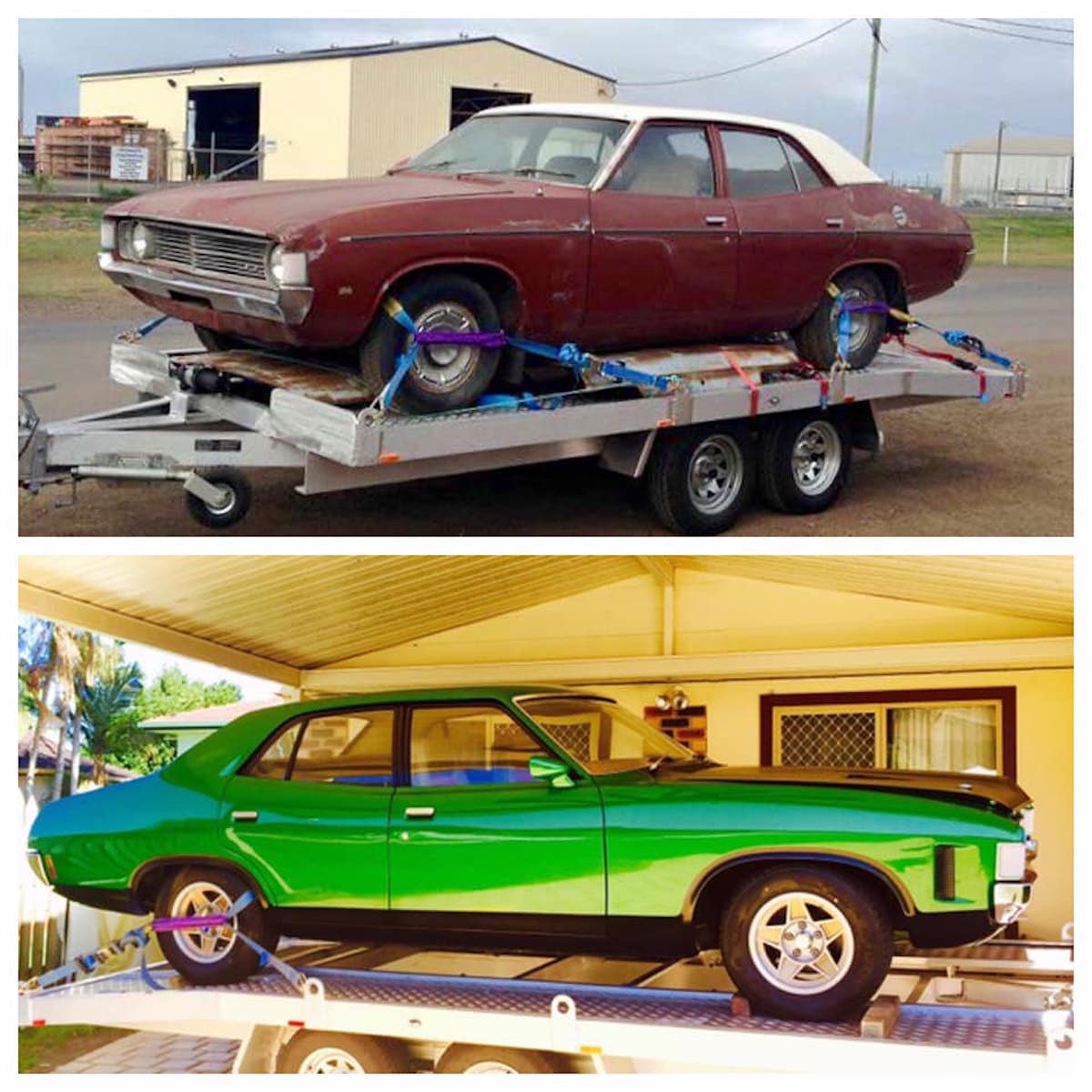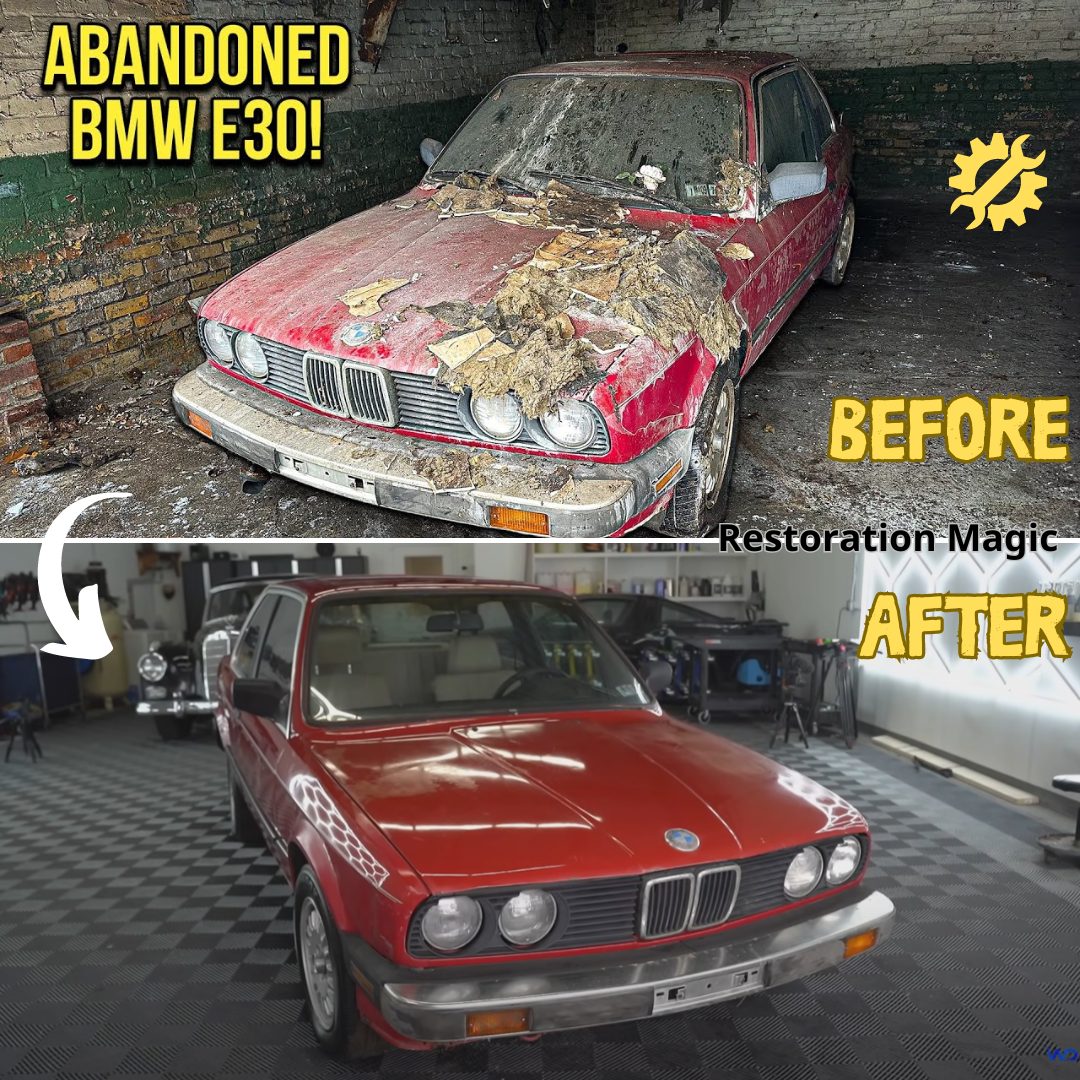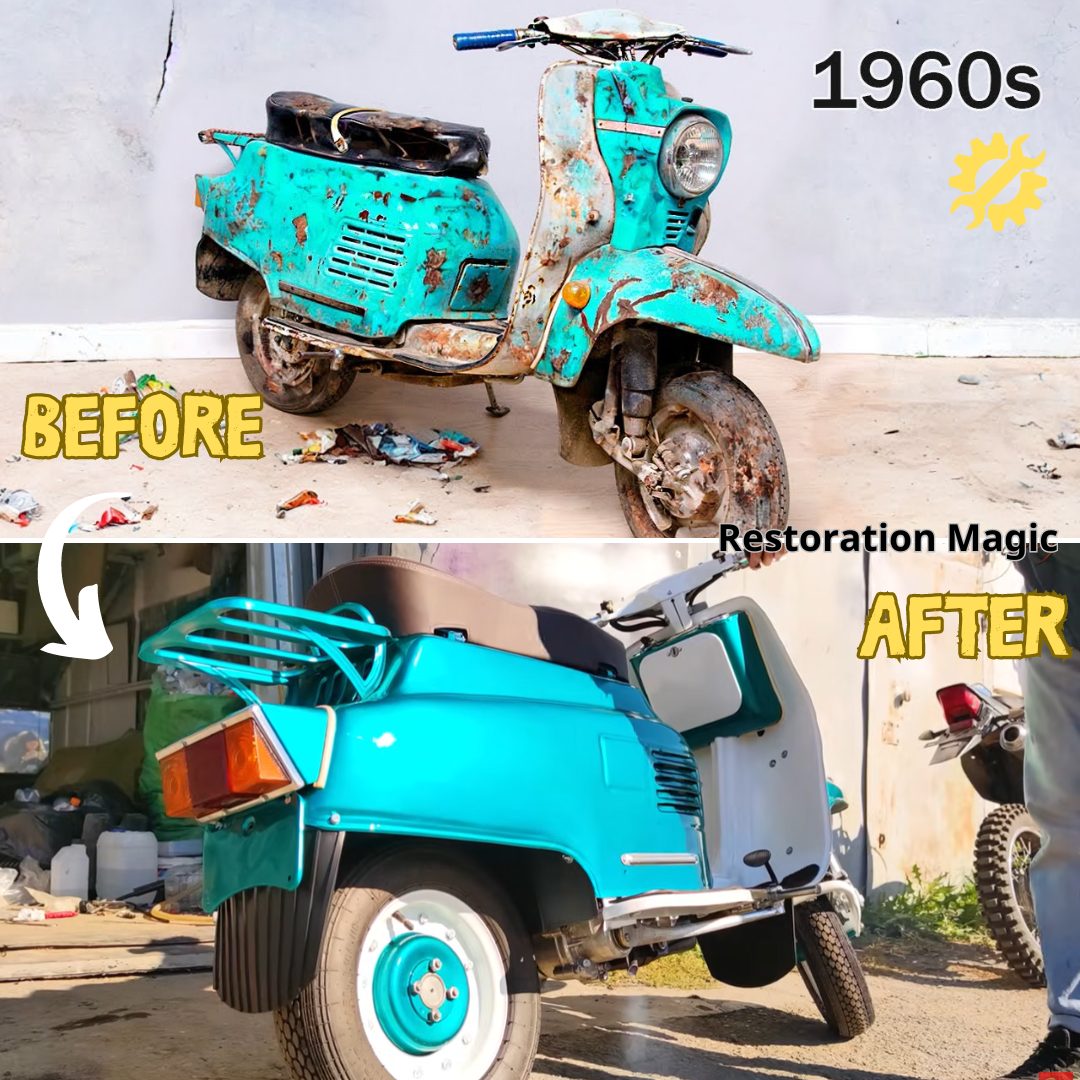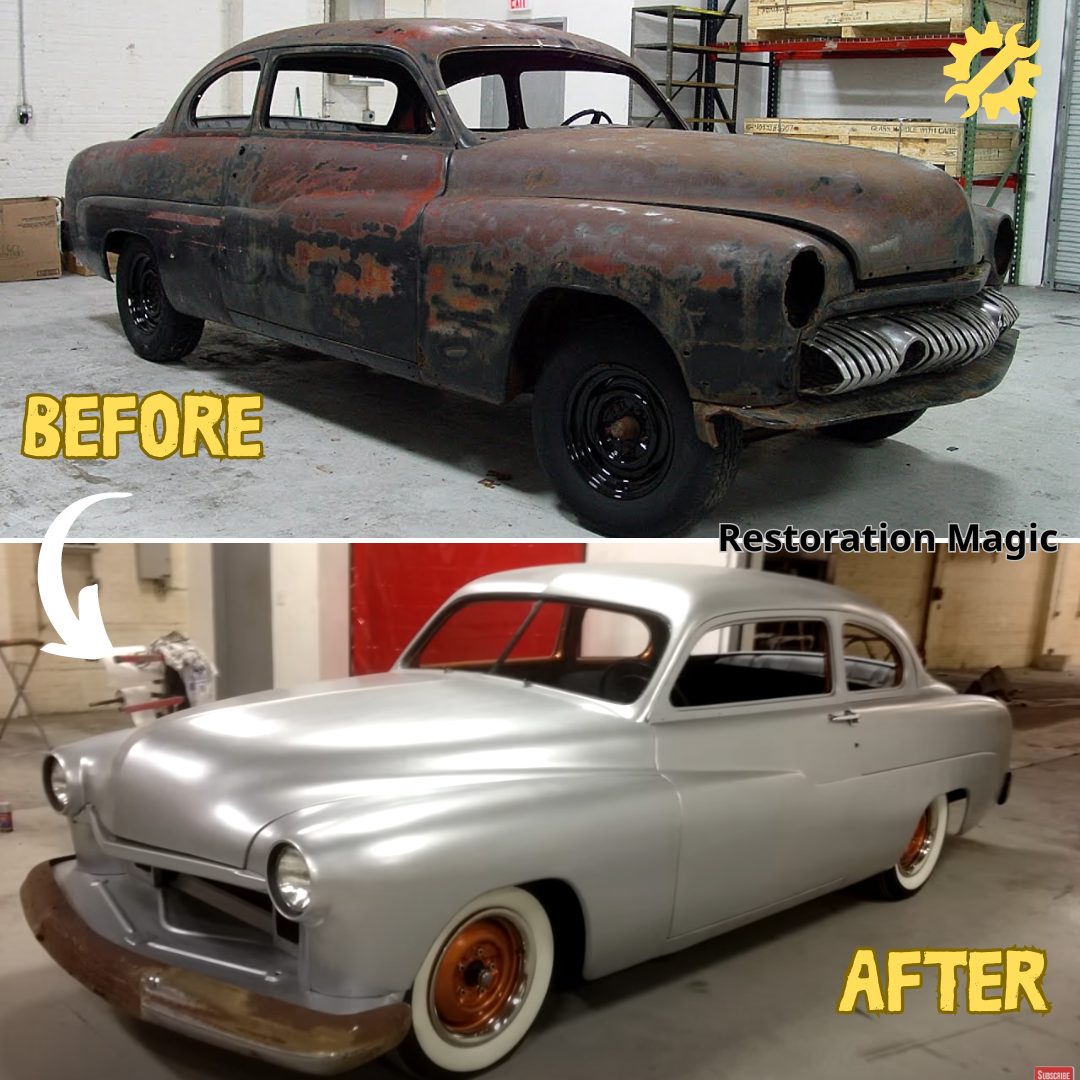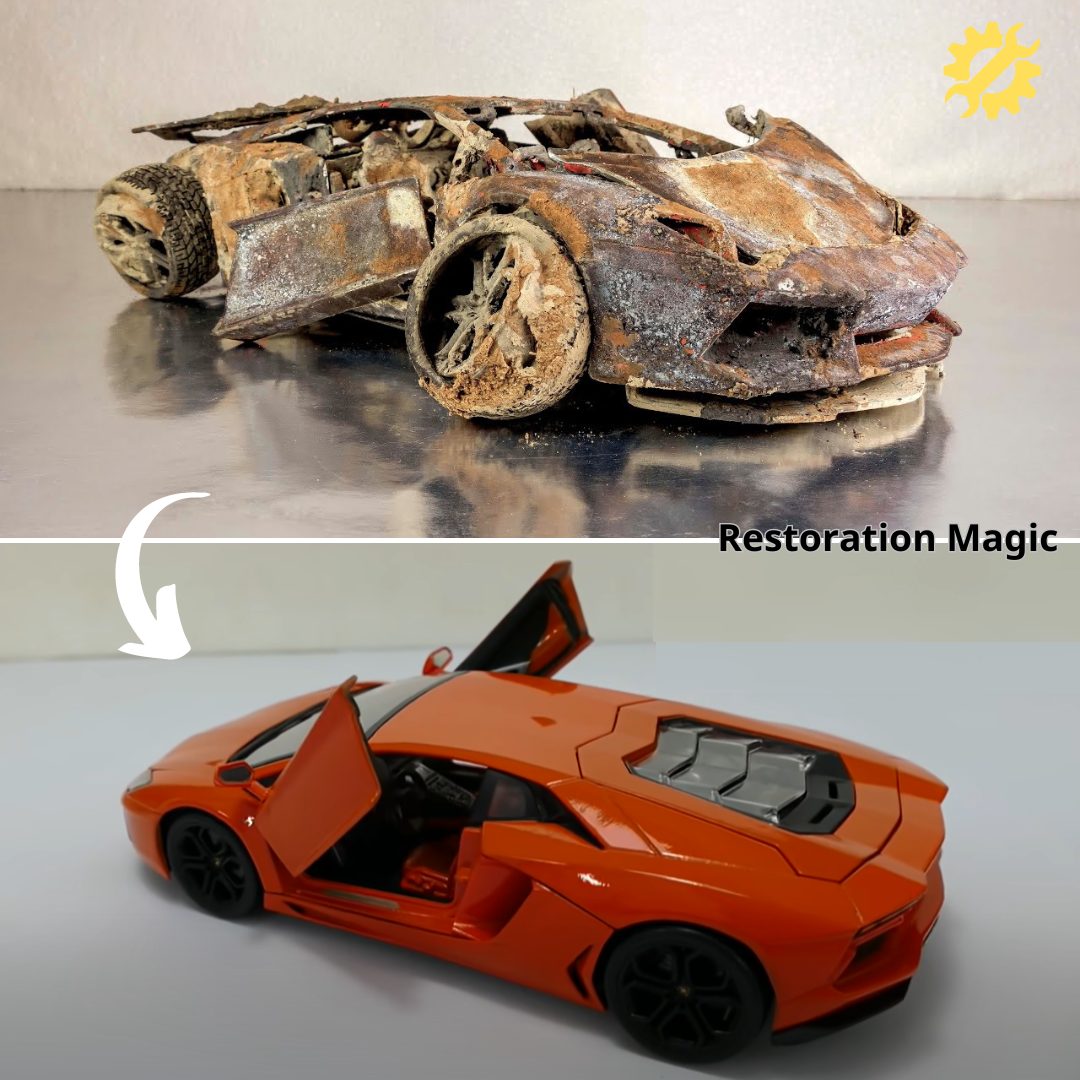The French auction house Aguttes will hold its yearly autumn auction on the 12th of December in Paris. Among the lots are four very special Zagato-designed sports cars. We had a closer look. ETIENNE RAYNAUD23 November 2021
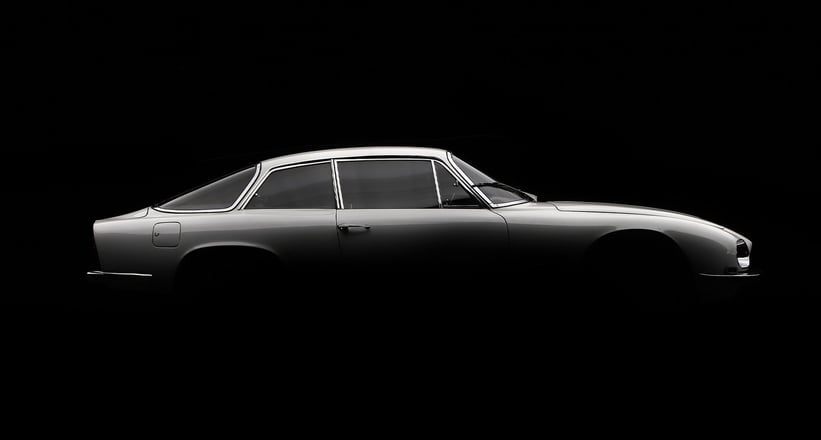
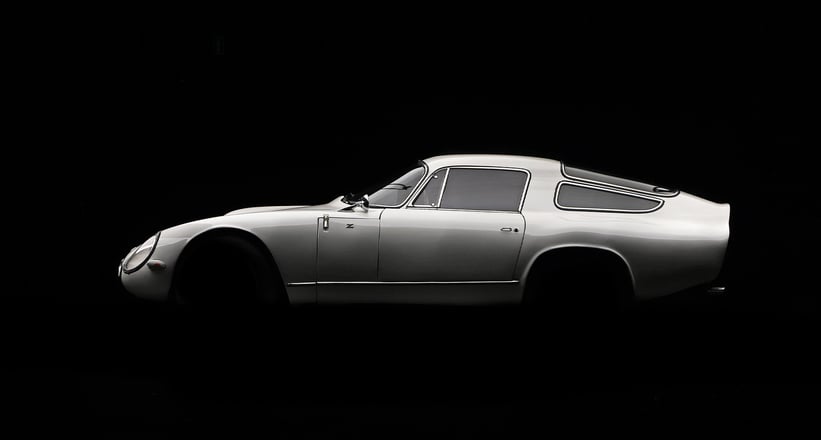
Among the 92 cars that will be auctioned as part of Aguttes’ Autumn Sale 2021 on December 12th , 33 are coming from a special collection called ANNA LISA Art On Wheels. All these cars have been dormant for 30 years. Their owner, Patrick Duvarry who literally fell in love with this collection three years ago to the point he bought it all, decided to unveil these cars one by one so as to promote what he considers as “a unique heritage of one of the greatest inventions of the 20th century, the automobile.”
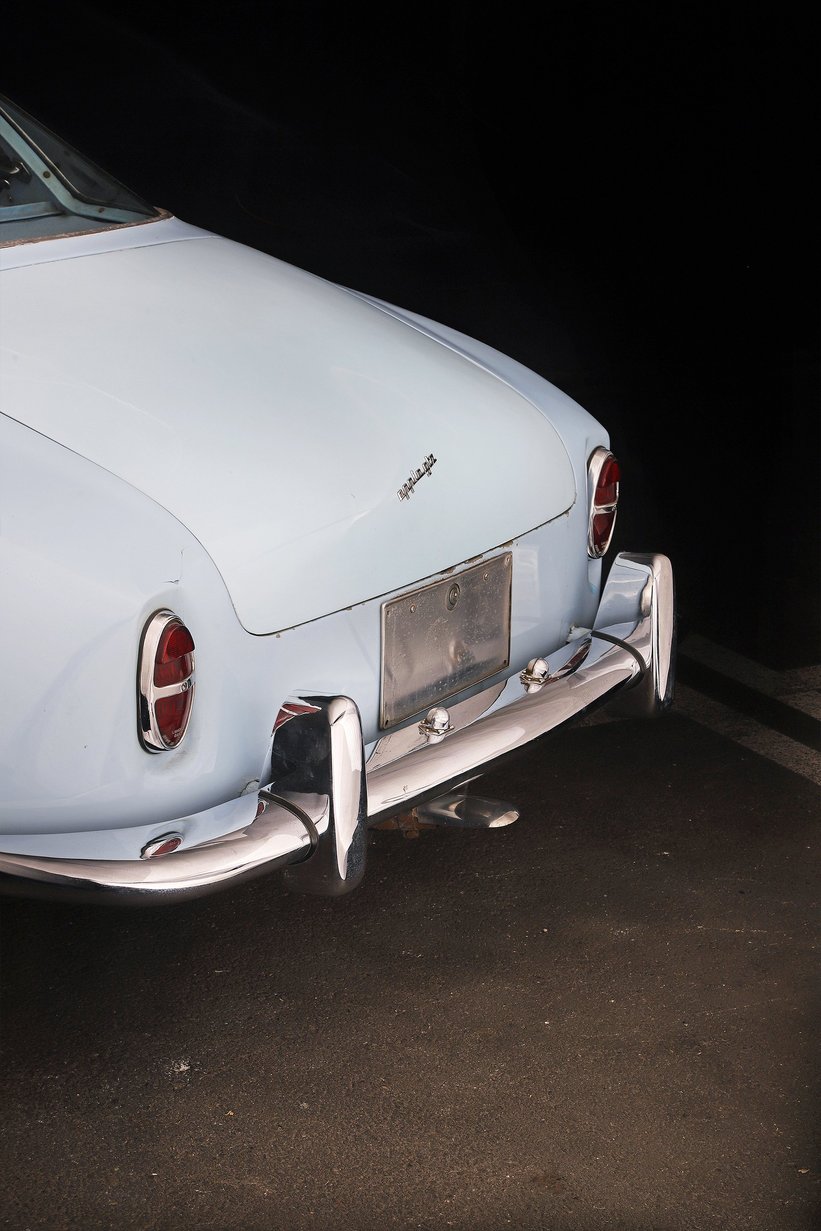
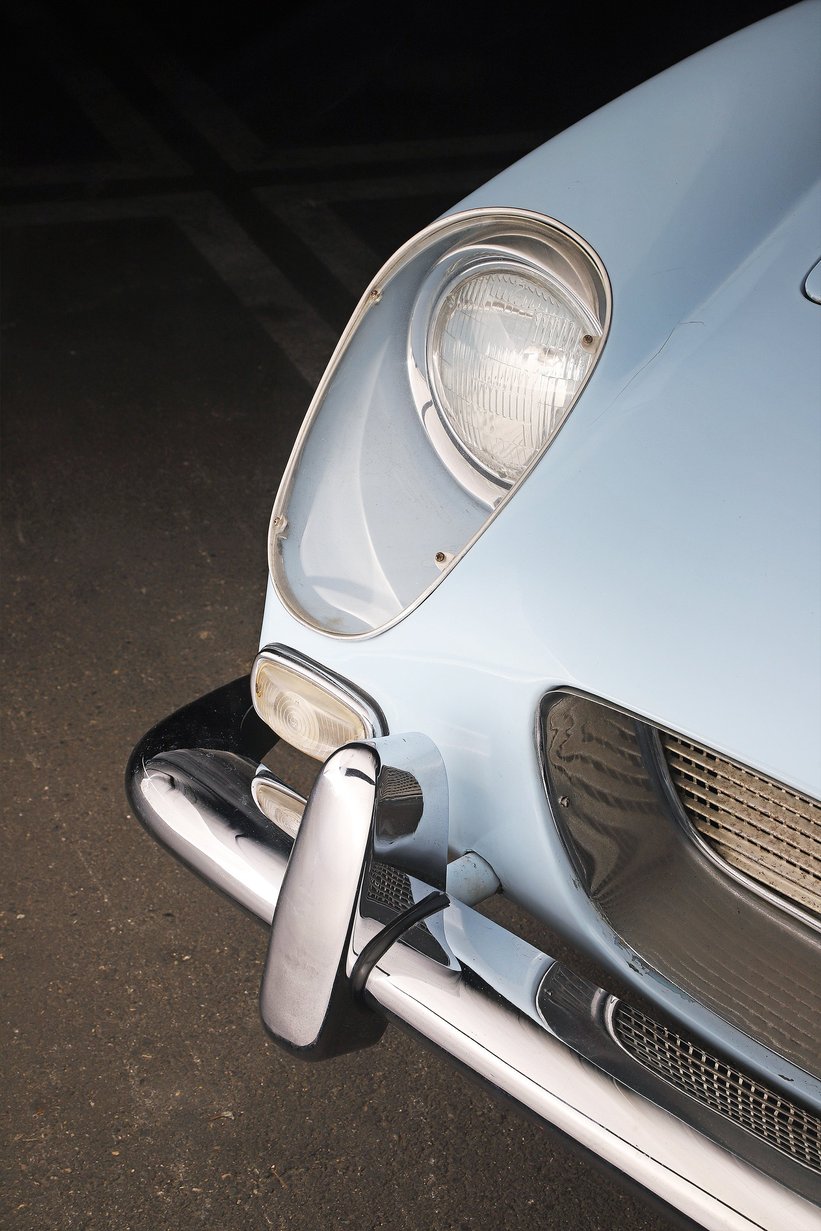
The ANNA LISA collection has decided to offer 33 cars from its collection for sale through Aguttes, almost all at no reserve. None of them have been seen in public for decades and most are in very sound condition, some have even been recently restarted.

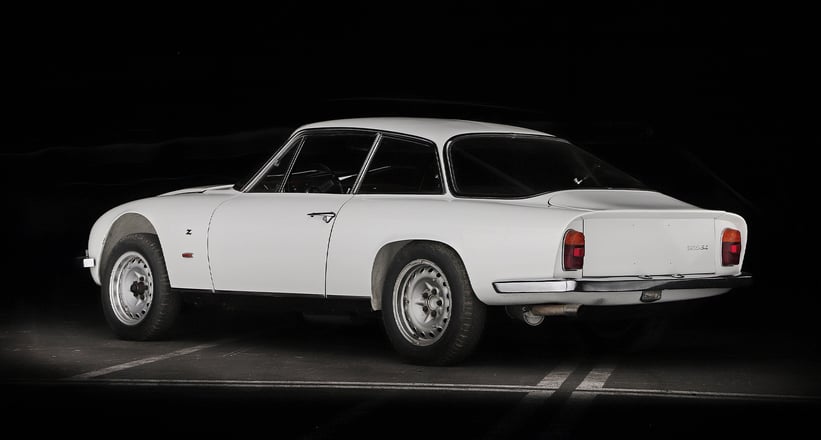
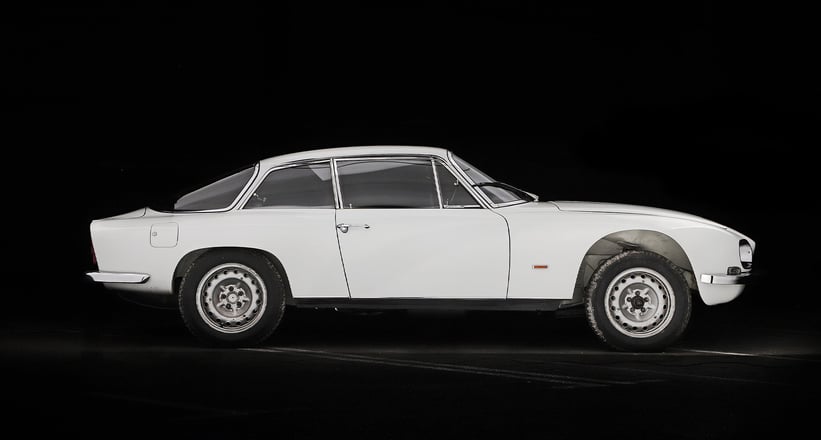 The collection has a strong “Italianness” and a great variety of cars. Amongst these, a set of four cars signed Zagato are sure to be the stars of the December 12 Paris auction. Three of them were born in the Sixties, a golden age for Zagato. Its then head of design, Ercole Spada, had already been noted for the creation of a masterpiece: the Aston Martin DB4 GT Zagato. At the time he was only 23 year old and had just seven months to design this car.
The collection has a strong “Italianness” and a great variety of cars. Amongst these, a set of four cars signed Zagato are sure to be the stars of the December 12 Paris auction. Three of them were born in the Sixties, a golden age for Zagato. Its then head of design, Ercole Spada, had already been noted for the creation of a masterpiece: the Aston Martin DB4 GT Zagato. At the time he was only 23 year old and had just seven months to design this car.


Spada saw another turning point in his prolific career when he started to focus on aerodynamic efficiency. His research gave rise to the “coda tronca” concept also known as kamm tail, which was to be found on his most iconic creations, first of all the Alfa SZ2, then the Alfa Romeo Giulia TZ and TZ2, and then the 2600SZ.
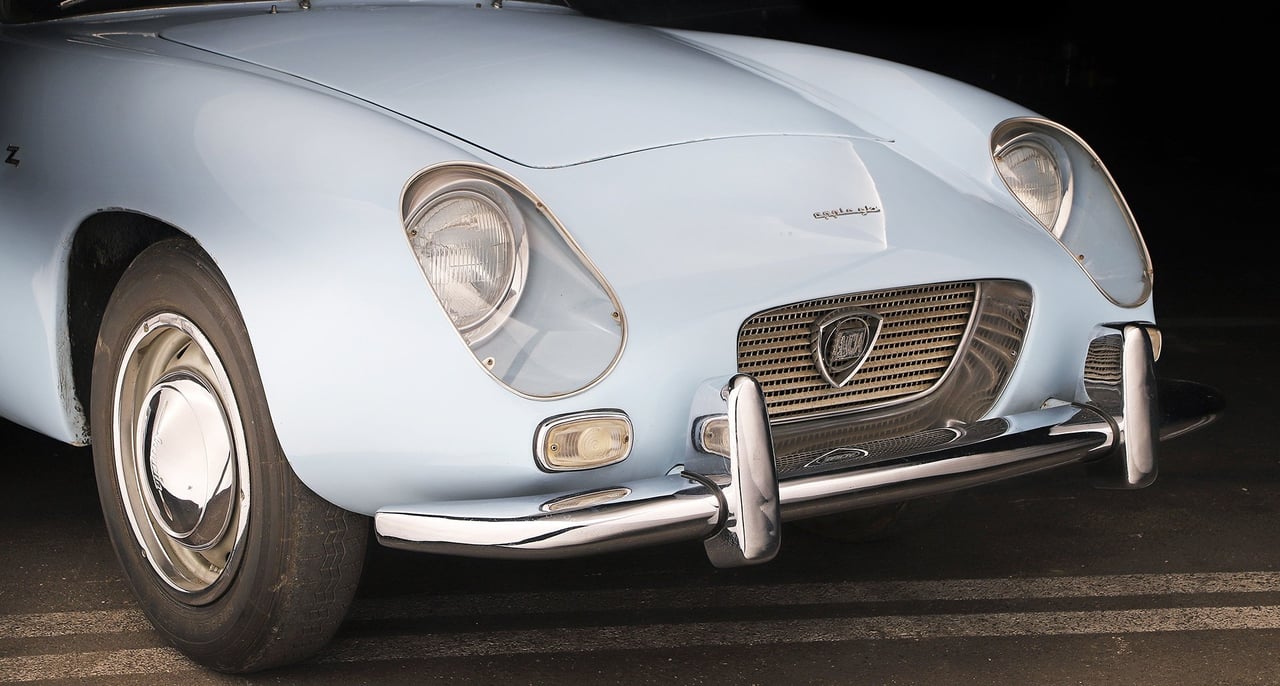
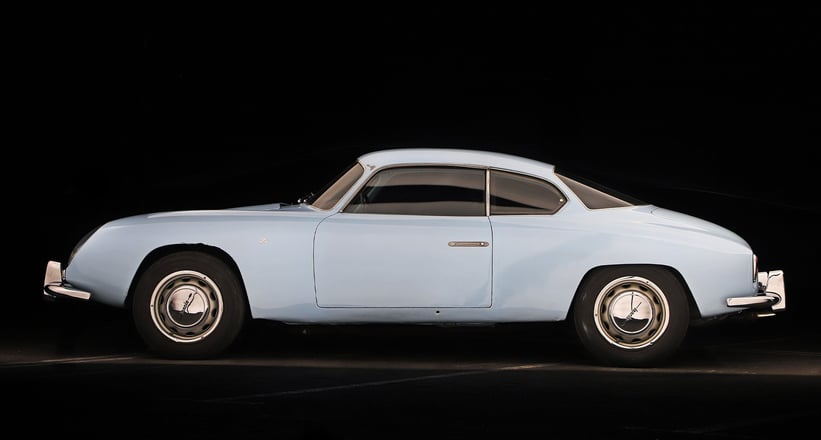

As Spada explains: “In reality, the coda tronca was invented in the 1920s by two German engineers who proved that a drop of water was the perfect shape. As the drop rear is too long for a car, they actually proved that cutting the drop had the same aerodynamics effect. But nobody dared cutting off the back of a car, so they had round backs. I was the first to cut the drop properly, creating the cut tail, or coda tronca in Italian. It was my most successful aerodynamic experiment of the 1960s.”
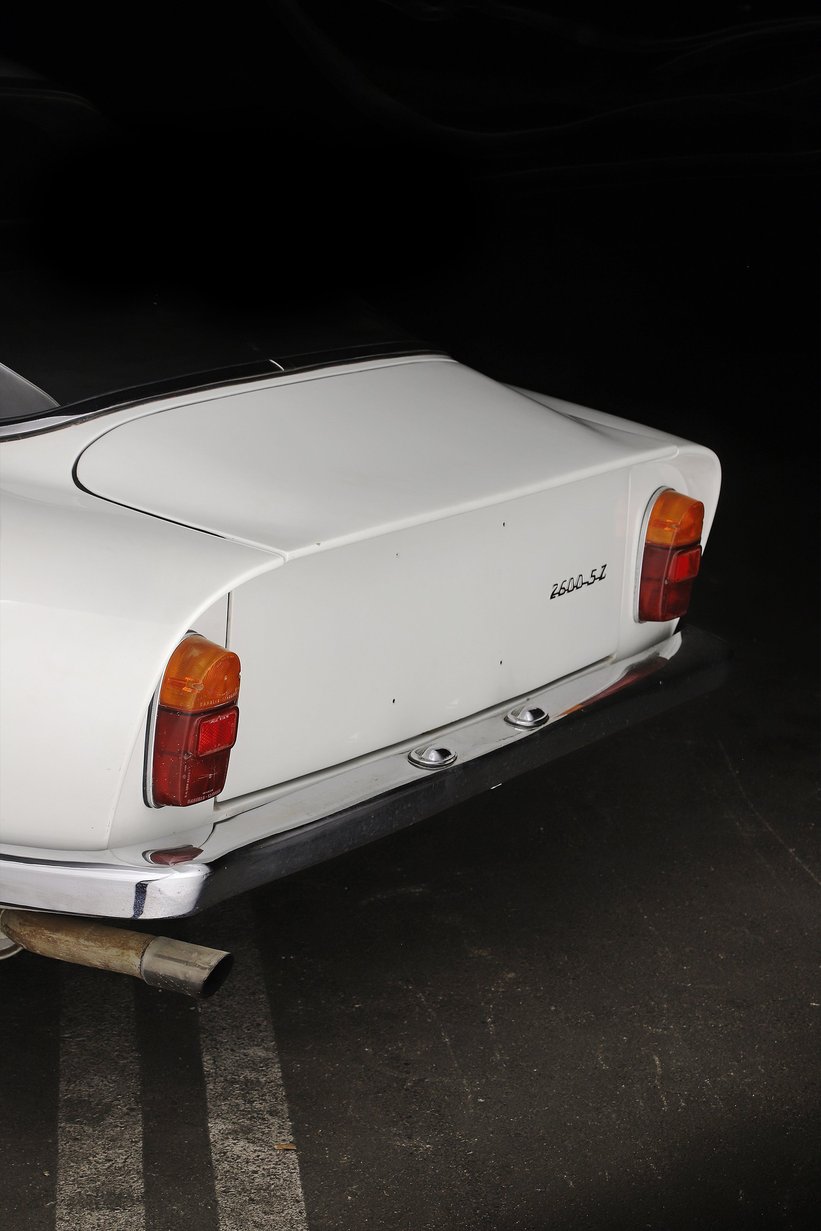

Two of the Zagato cars to be offered for sale by Aguttes are part of this set of experimental designs and one is certainly the most famous of them all: the Alfa Romeo Giulia Tubolare Zagato (TZ). For this car, Spada moved the cabin as far back as possible and completely reversed the rear stern, giving the car very taut lines.
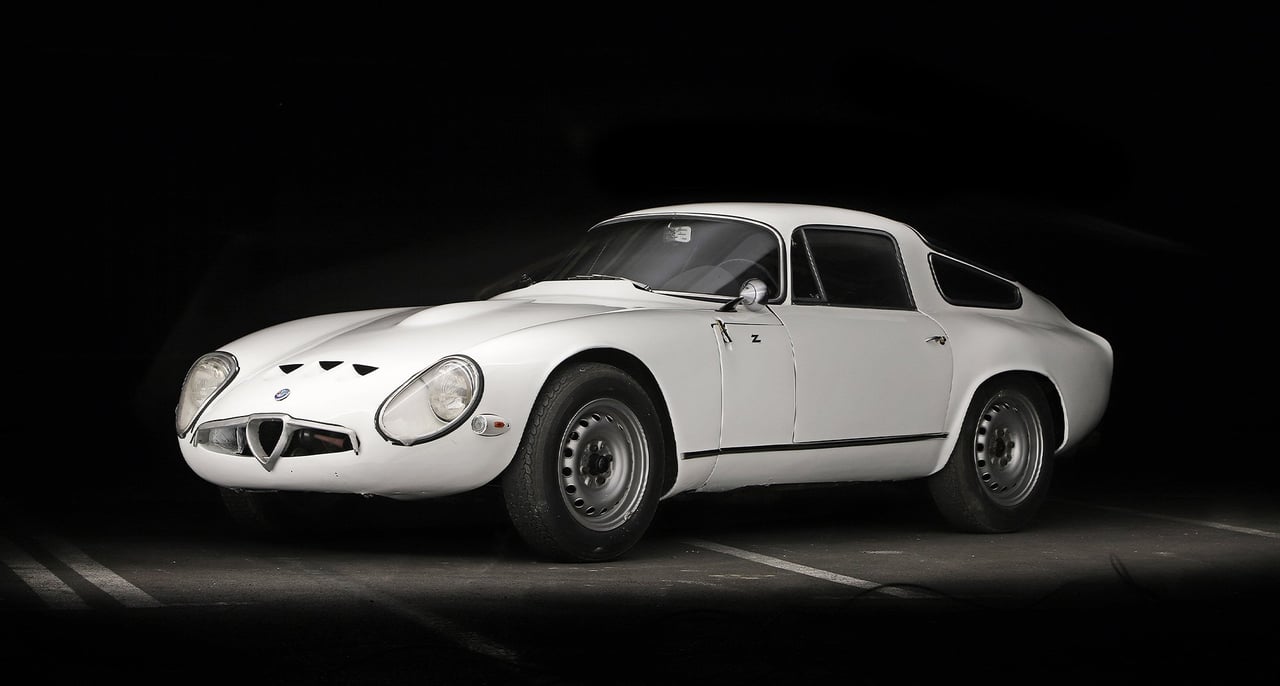
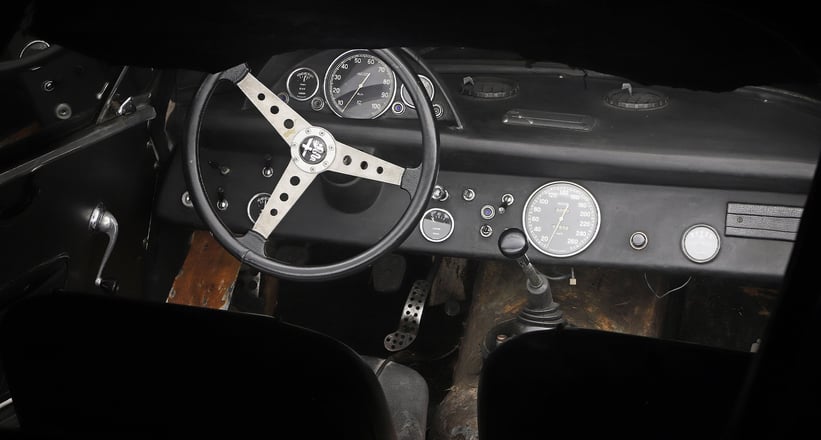
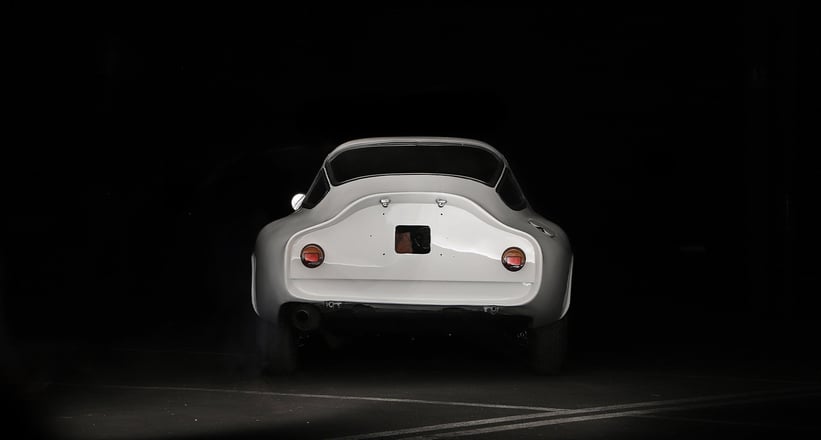
Nicknamed “the baby GTO ”, the TZ combines lightness with 660 kilos only, a superb engine, the in-line 4-cylinder aluminium Alfa Romeo 1600 with double overhead camshaft, and a tubular chassis with a thin aluminium shell on top of it. With a top speed of 216 km/h, disc brakes, and independent suspension, the TZ won numerous class victories in the 24 Hours of Le Mans, the Targa Florio, but also in the Coupe des Alpes, the Nürburgring 1000 Km, and the Tour de France Automobile. Only 112 cars were made.
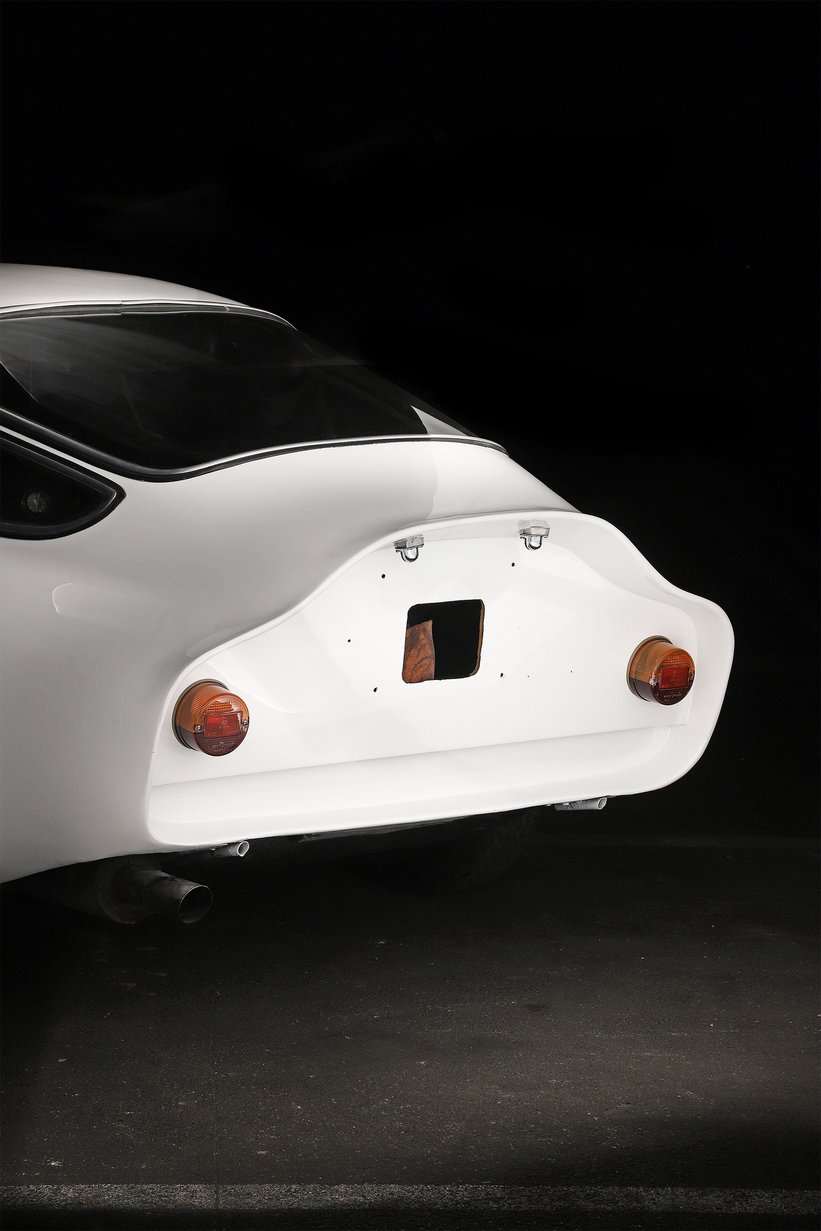
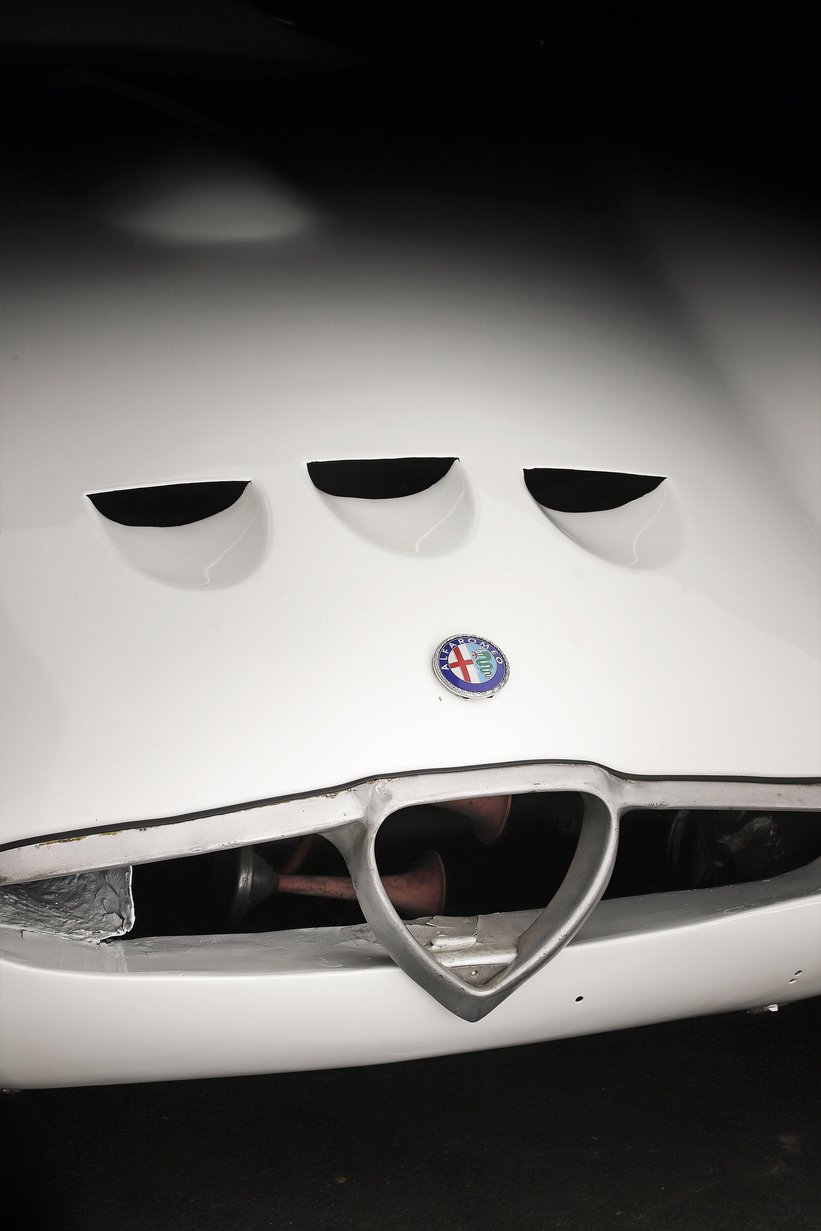
The ANNA LISA collection’s 1965 TZ is a sublime testimony of an almost untouched car. According to the certificate issued in 2019 by the Alfa Romeo Documentation Center, chassis AR 750091 left Zagato workshop in April 1965 in red with a black interior. Sold new in Italy, the car stayed there with different owners. In 1977, it was based in Rome in the hands of Girolami Vittorugo, and sat in his garage next to a Ferrari 250 GT TDF. The car was then already white and certainly had its rear wheel arches widened for local racing. The car was sold in 1983 and joined later on the famous 200 cars «Rosso Bianco» collection in the hands of Peter Kaus. In December 1990, the car was sold through auction to the second to last owner who parked it in a garage for 28 years.
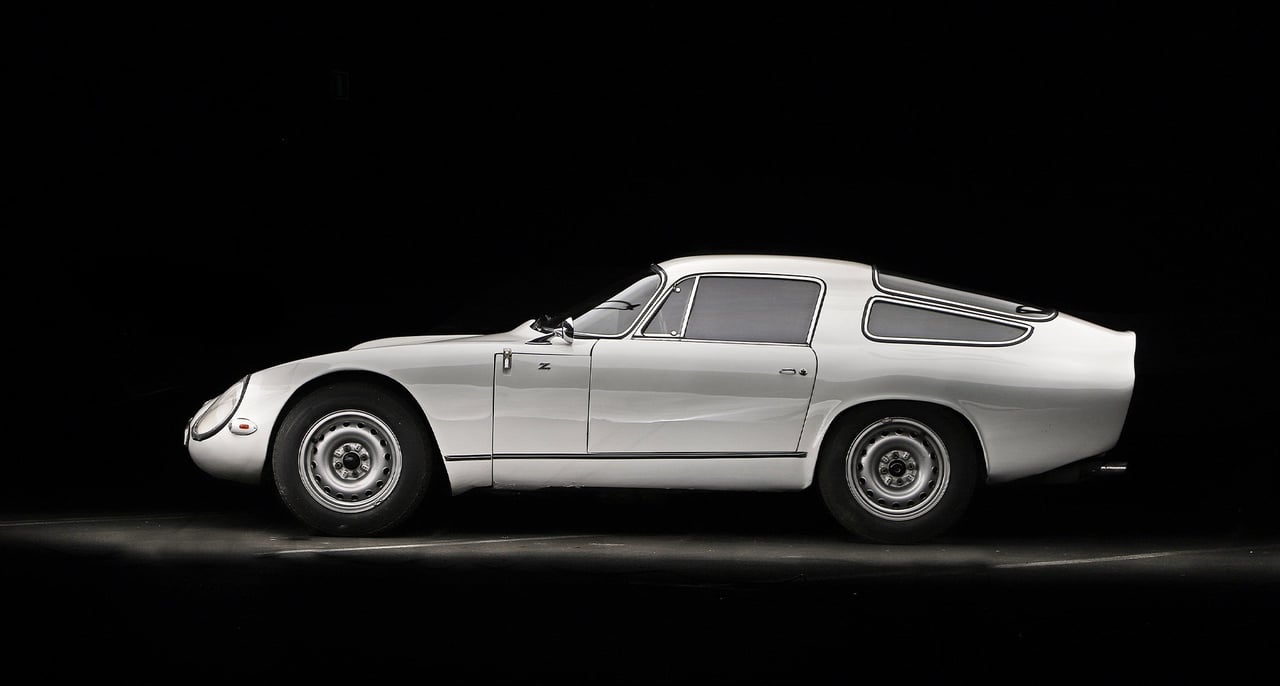
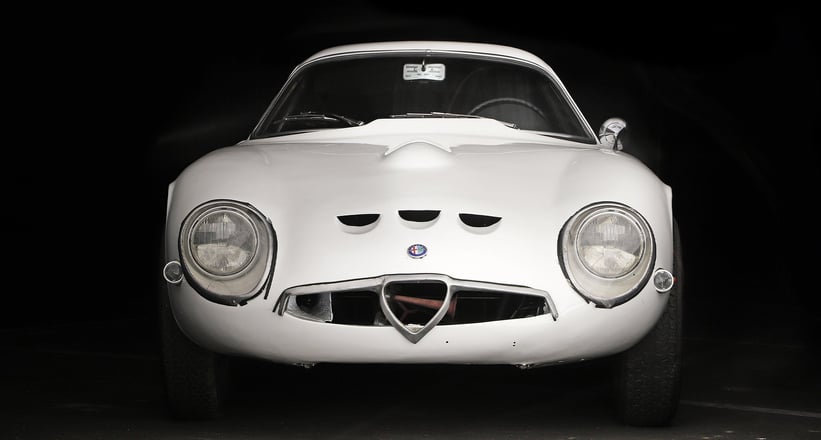
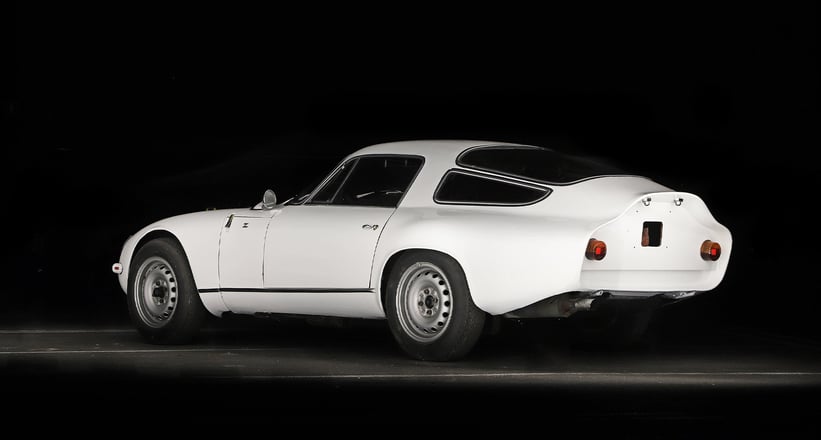 The car has been recently sent to RS Historics in Italy, a reputable specialist for Alfa Romeo racing cars, so as to obtain a full report on its condition. The verdict was clear: chassis, engine, gearbox, axle… the entirety of this car is authentic and fully original. Of course, some elements like the steering wheel, the seats or the brakes have been changed, most probably in the late 80s. After changing the ignition and the condenser, the engine could be started again without any difficulty. This Alfa Romeo Giulia TZ with its clear and unbroken history will offer to its next owner the opportunity to either keep the car as it is, or restore it to concourse condition or race-prepare it.
The car has been recently sent to RS Historics in Italy, a reputable specialist for Alfa Romeo racing cars, so as to obtain a full report on its condition. The verdict was clear: chassis, engine, gearbox, axle… the entirety of this car is authentic and fully original. Of course, some elements like the steering wheel, the seats or the brakes have been changed, most probably in the late 80s. After changing the ignition and the condenser, the engine could be started again without any difficulty. This Alfa Romeo Giulia TZ with its clear and unbroken history will offer to its next owner the opportunity to either keep the car as it is, or restore it to concourse condition or race-prepare it.
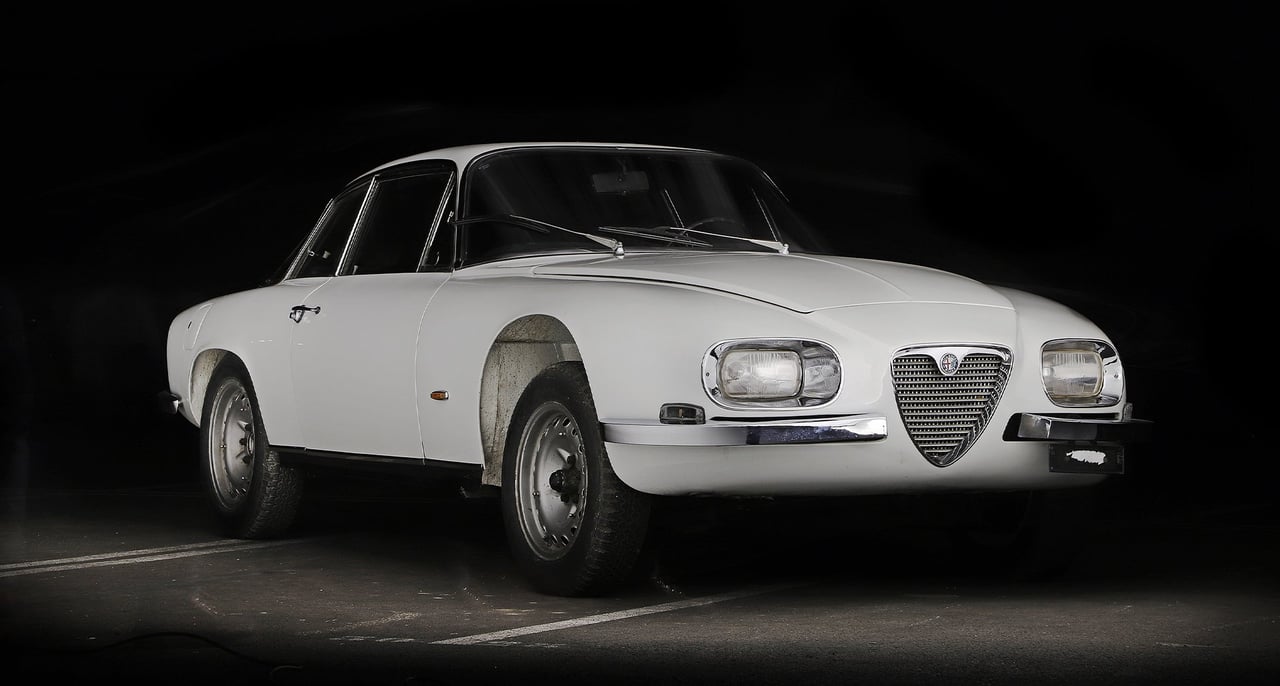
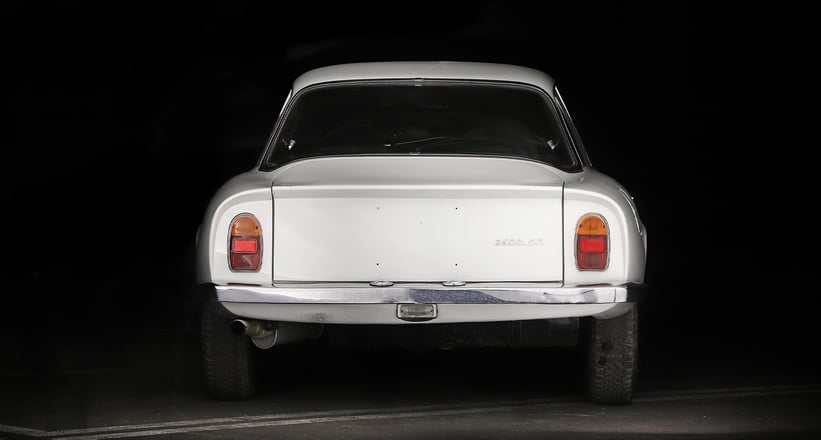
 Another rare car you don’t see very often is the 1966 Alfa Romeo 2600 SZ. It also fully embodies Zagato’s signature with its “Coda Tronca” rear end. The front end, often compared to a shark, is quite unique to this car and has a strong presence. Only 105 cars were made in period since the edgy design and the hefty price tag reserved it the elites. The ANNA LISA’s car was sold new in Italy in December 1966 in silver. Repainted white decades ago, it comes in an unrestored and very sound condition. Only the engine has been recently restarted as well.
Another rare car you don’t see very often is the 1966 Alfa Romeo 2600 SZ. It also fully embodies Zagato’s signature with its “Coda Tronca” rear end. The front end, often compared to a shark, is quite unique to this car and has a strong presence. Only 105 cars were made in period since the edgy design and the hefty price tag reserved it the elites. The ANNA LISA’s car was sold new in Italy in December 1966 in silver. Repainted white decades ago, it comes in an unrestored and very sound condition. Only the engine has been recently restarted as well.

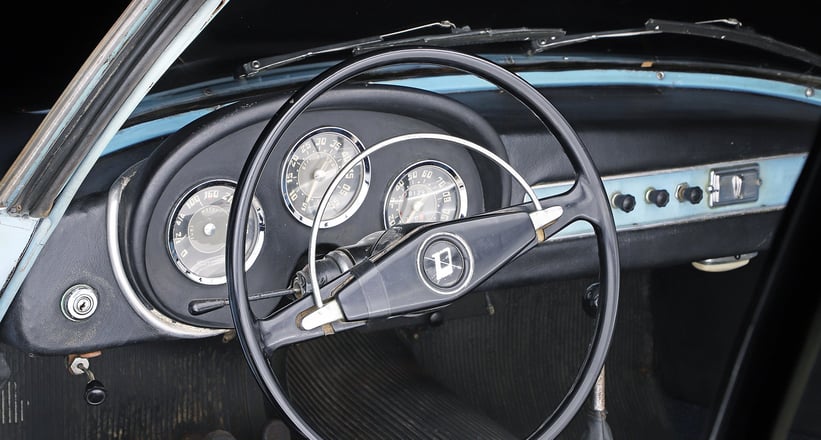

The Lancia Appia GTE is also an interesting car since it was the first Zagato designed Lancia to be officially sold by Lancia. The car offered for sale by Aguttes is the fifth of the five sold in the USA in 1959 by importer Max Hoffman. It remained in the USA for 40 years before returning to Europe.
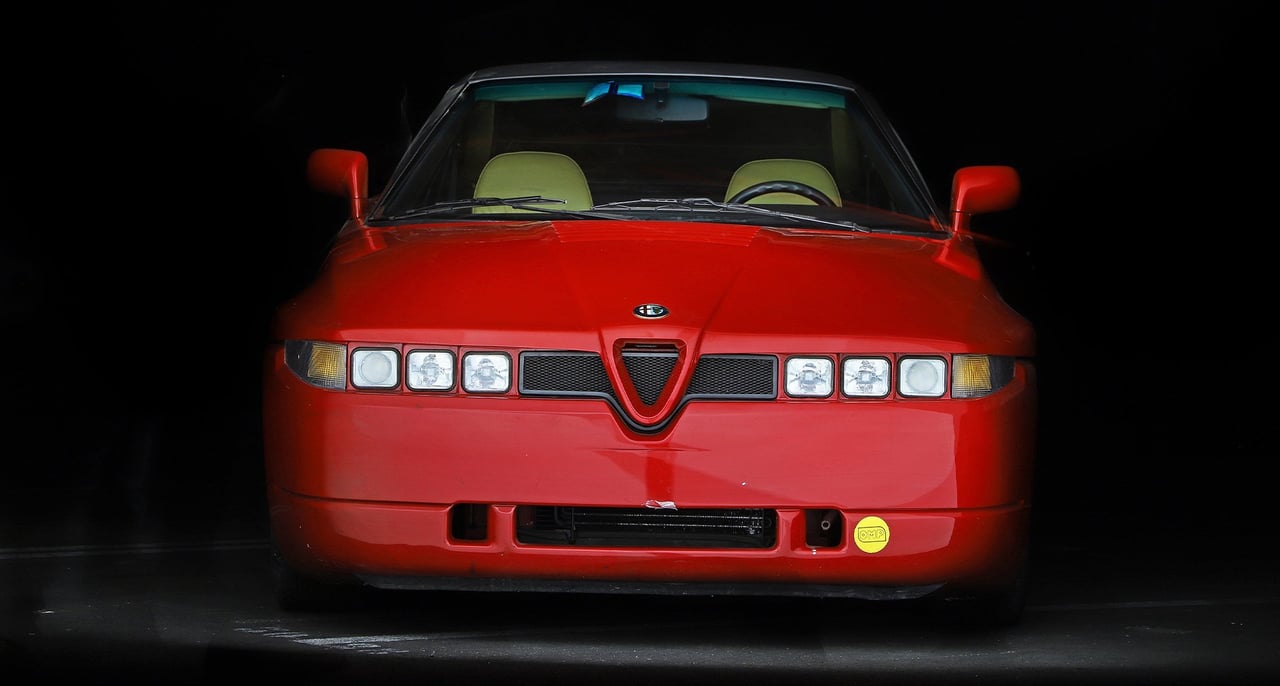


Finally, the 1990 Alfa Romeo SZ, a.k.a “Il Mostro” is a fabulous tribute to the best of Zagato design with its powerful and sharp, almost brutal style. Only 1,036 cars were produced, the one coming from the ANNA LISA collection is the 38th made. Sold new in Italy, the car had only two Italian owners before joining the collection. It has less than 3,000 km on the clock.
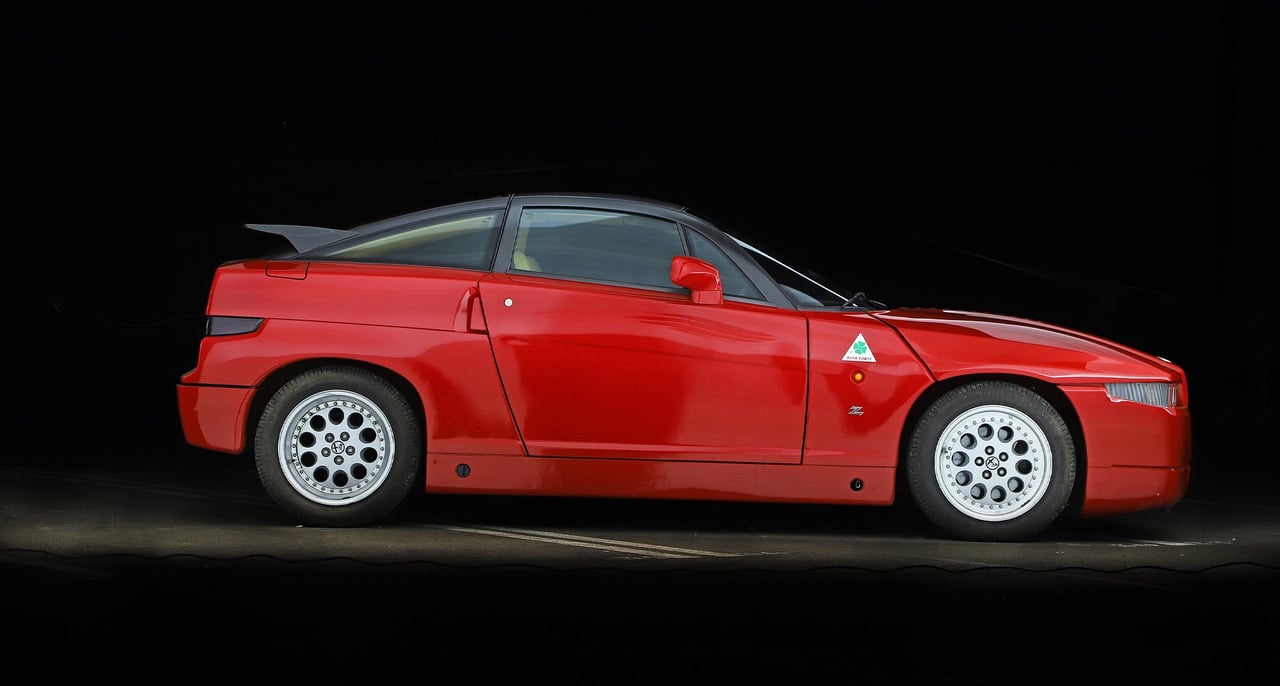
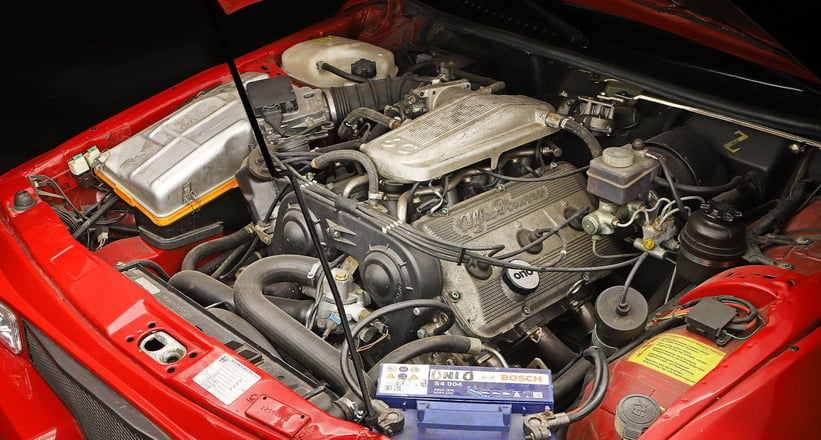

Gautier Rossignol, the head of Aguttes’s motorcar department likes to describe these cars as “time capsules” as he explains us: “Far from being barn finds, these cars were for the most restored at great expense in late 80s, early 90s before being stored in ideal conditions. What an honour for the future owners to be the very first to step inside cars with as new interiors, to give voice to mechanics that have been dormant for decades or to drive the first kilometres of the few cars that have recently been put back on the road”. Photos by Antoine Pascal
